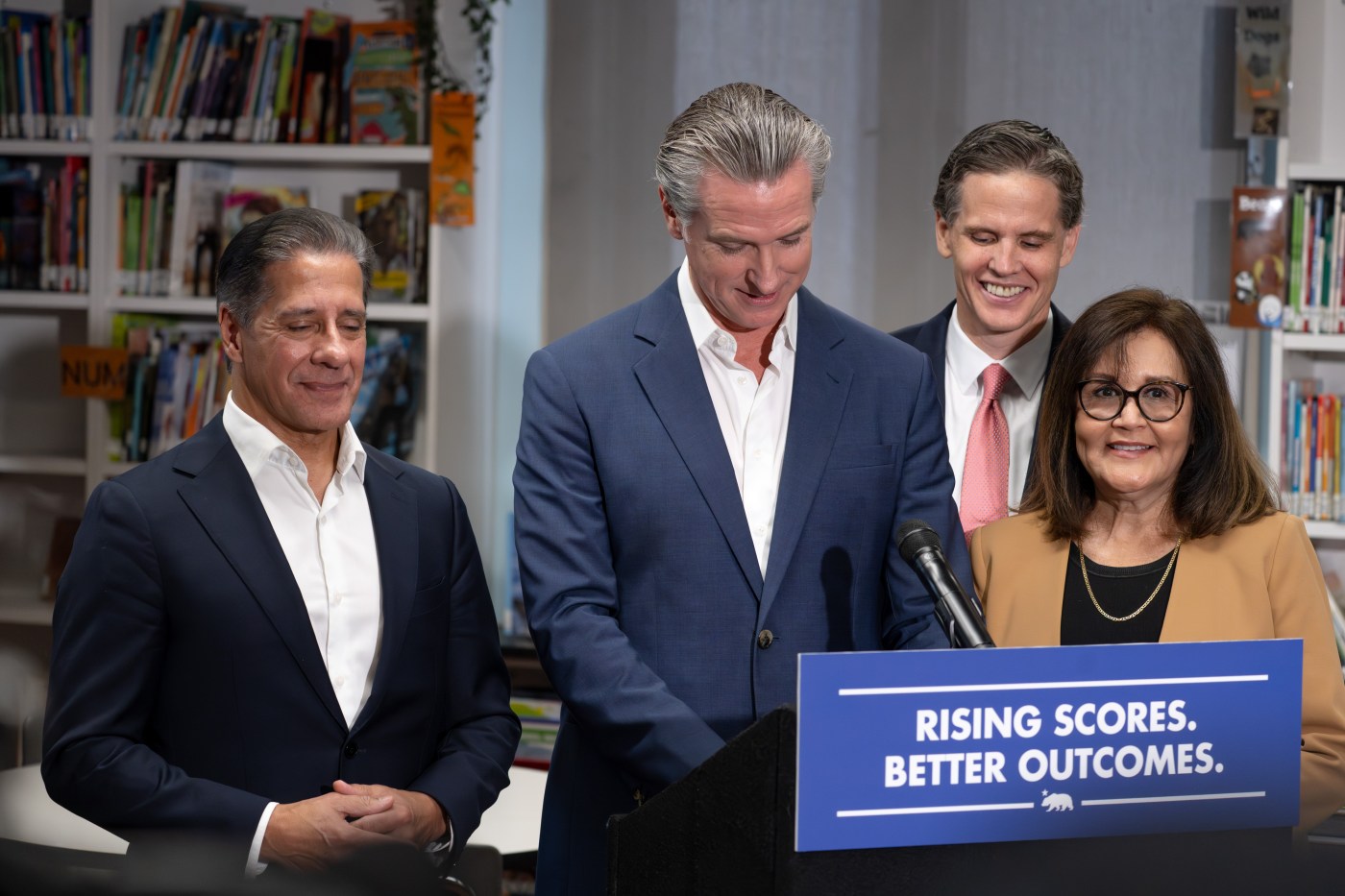UPDATE: New reports confirm a worsening crisis in California’s education system as statewide test results reveal that over 50% of students have failed to meet basic standards in English, with nearly two-thirds falling short in math and science. This alarming trend signals a long-term decline in educational outcomes, prompting urgent calls for reform.
The California Department of Education’s latest findings, released today, underscore a systemic failure that has persisted despite annual increases in spending. $133.8 billion is allocated for K–12 education this year, more than many countries spend on their entire defense budgets. Yet, achievement gaps remain “large and persistent,” particularly for low-income, Latino, and Black students.
Parents across the state are expressing frustration and feeling increasingly alienated from their children’s education. Many report being left in the dark about what is being taught and how their children are performing. Teachers, too, are sounding the alarm, stating they feel overwhelmed and unsupported as they navigate larger class sizes and behavioral challenges in the classroom.
Sacramento politicians are attempting to frame a modest 1.5% to 2% increase in scores as progress, but educators and parents are not convinced. “This isn’t progress; it’s political spin,” says Suzette Martinez Valladares, who represents California’s 23rd Senate District. Valladares emphasizes that the focus must shift back to the students who are being left behind.
The Legislative Analyst’s Office (LAO) indicates that student outcomes are directly linked to school climate and attendance, yet teachers lack the resources necessary to foster a positive learning environment. Many are leaving the profession due to stress and inadequate support, exacerbating the crisis.
Despite a proven track record of success, efforts to expand educational options, such as charter schools, are being met with resistance. Assembly Bill 84, which sought to impose stricter regulations and oversight on charter schools, faced significant backlash but is expected to resurface in January 2024. Meanwhile, Senate Bill 414, which aimed to enhance oversight while maintaining flexibility for charters, was vetoed under pressure from unions.
The ongoing struggle for educational reform is not just about scores; it’s about ensuring that every student has access to a quality education that prepares them for life beyond school. Valladares asserts, “Every student deserves an education that equips them for the future, not just for passing tests.”
As the current system continues to prioritize political agendas over student needs, the gap between educational expectations and reality widens. The LAO and EdSource warn that millions of students risk graduating unprepared for college or the workforce, posing a significant economic concern for the state.
Parents are demanding accountability and transparency, urging for a system that supports teachers, provides real choices for families, and respects skilled trades and career training. “Our kids deserve better,” Valladares states emphatically, calling for immediate action to put families back in control of their educational choices.
As California grapples with this crisis, the urgency for reform has never been more critical. The time to act is now before the next generation is lost to a failing system. Parents, educators, and policymakers must unite to reclaim the future of California’s education. This situation did not occur by accident, and it can be rectified by prioritizing the needs of students above all else.







